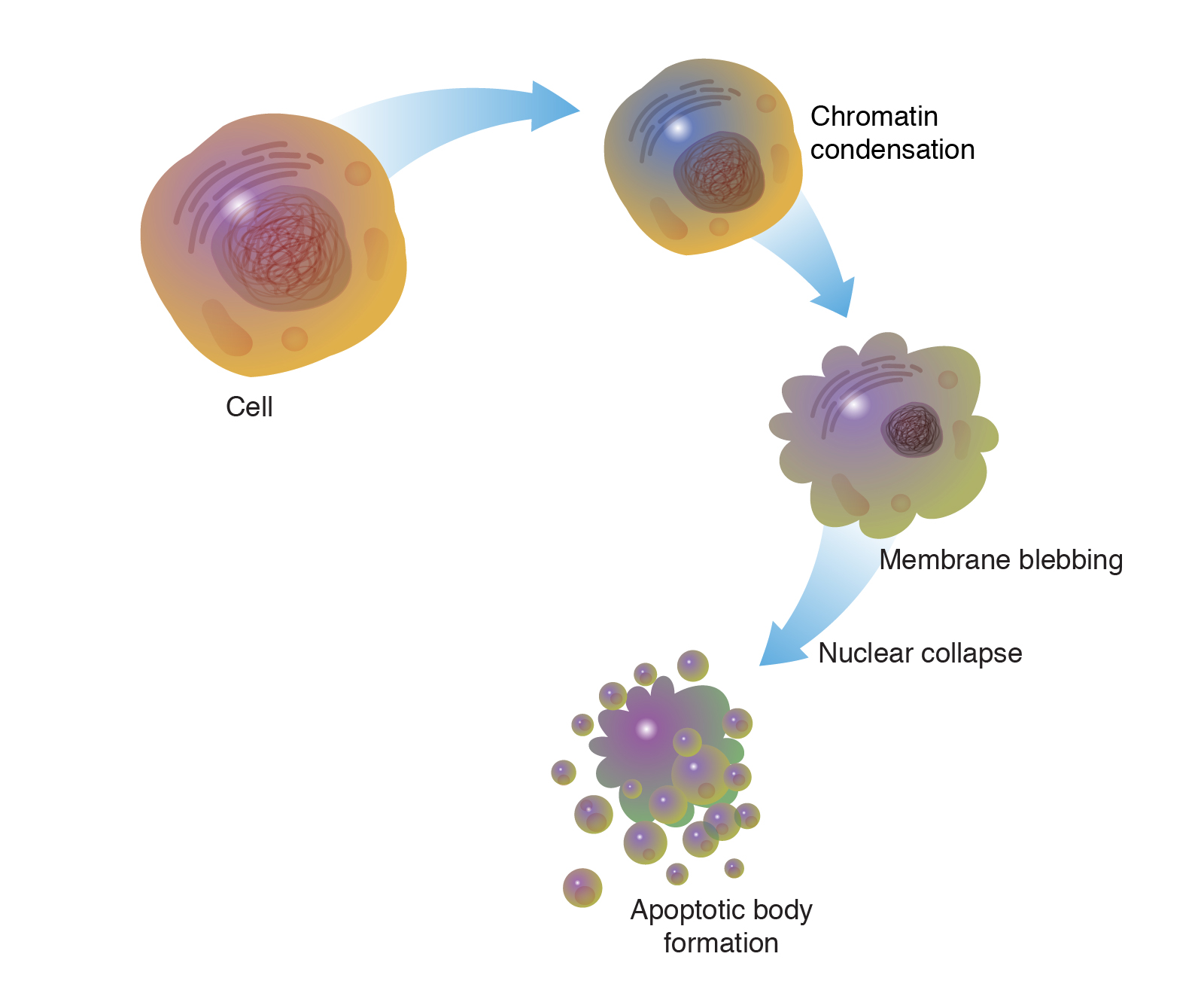Molecular Subtypes of Gastric Cancer Based on Apoptosis-Related Genes

Gastric cancer is one of the most aggressive malignancies, ranking among the leading causes of cancer-related deaths worldwide. Despite advances in treatment, survival outcomes remain poor, largely due to the highly heterogeneous nature of the disease. Current classification systems divide gastric cancer into subtypes based on genetic and molecular characteristics, but there is still a need for a deeper understanding of the underlying mechanisms that drive tumor progression and response to therapy.
Apoptosis, or programmed cell death, plays a crucial role in maintaining cellular balance and preventing uncontrolled tumor growth. Many cancer cells evade apoptosis, allowing them to survive and proliferate. This study aimed to classify gastric cancer into molecular subtypes based on apoptosis-related gene expression and to analyze their association with immune infiltration, microbial populations within tumors, and key signaling pathways.
Researchers analyzed gene expression data from The Cancer Genome Atlas (TCGA) and the Gene Set Enrichment Analysis (GSEA) database to identify 161 apoptosis-related genes. Using a computational clustering method, gastric cancer samples were divided into two subtypes, referred to as C1 and C2.
Differences between the subtypes were evaluated based on immune cell infiltration, tumor microenvironment composition, microbial populations within tumors, and pathway activation. Further laboratory experiments, including PCR validation in cancer cell lines and gastric cancer tissues, were performed to confirm the role of key genes.
Key Findings on Gastric Cancer Subtypes
The study identified two distinct gastric cancer subtypes with significant differences in tumor biology and patient survival. Patients classified under subtype C1 had a better overall survival rate than those in subtype C2. The molecular characteristics of these subtypes were linked to variations in immune infiltration, apoptosis regulation, and microbial distribution.
Subtype C1 exhibited higher immune infiltration levels and increased activation of the cell cycle and NRF2 pathways, both of which are associated with cell proliferation and oxidative stress response. On the other hand, subtype C2 had lower immune infiltration but higher expression of immune checkpoint proteins such as LAG3 and CD274, indicating a stronger association with immunotherapy response.
The Role of the Tumor Microbiome in Gastric Cancer
One of the novel aspects of this study was its analysis of microbial populations within tumors. Researchers found significant differences in the abundance of specific bacterial species between the two gastric cancer subtypes. Certain bacteria, such as Collimonas and Sutterella, were more prevalent in one subtype, while others were associated with immune infiltration patterns.
Further analysis revealed that specific microbial species correlated with the presence of immune cells within the tumor microenvironment. For instance, macrophages and regulatory T cells were found to be linked to distinct microbial populations, suggesting that the microbiome may influence the immune response in gastric cancer.
Identification of Key Prognostic Genes
Through gene expression analysis and survival modeling, three key apoptosis-related genes were identified as being strongly associated with gastric cancer progression: GPX3, PLAT, and CAV1. These genes exhibited lower expression levels in gastric cancer tissues and cell lines compared to normal tissues.
GPX3 plays a role in oxidative stress regulation and immune response, with previous studies indicating its involvement in immune cell infiltration and checkpoint regulation. PLAT is associated with tumor suppression and has been linked to prognosis in various cancers, including breast, lung, and ovarian cancer. CAV1 is known to regulate multiple signaling pathways involved in tumor progression and metastasis.
Laboratory experiments demonstrated that knocking down these key genes significantly increased tumor cell proliferation, colony formation, and invasion, further supporting their role in tumor suppression.
The findings of this study suggest that the classification of gastric cancer based on apoptosis-related genes could help personalize treatment strategies. Subtype C2, which showed high expression of immune checkpoint genes, may benefit from immune checkpoint inhibitors, whereas subtype C1 may require alternative therapeutic approaches.
The study also highlights the potential role of tumor-associated bacteria in shaping immune responses. This suggests that modifying the tumor microbiome could enhance immunotherapy outcomes in gastric cancer patients.
To learn more, read this!: Molecular subtype of gastric cancer based on apoptosis-related genes reveals differential immune microenvironment and intratumoral microorganisms distribution | BMC Cancer | Full Text

